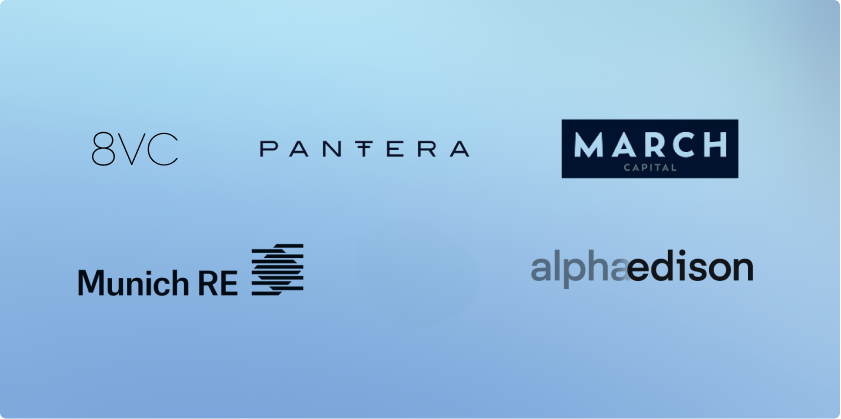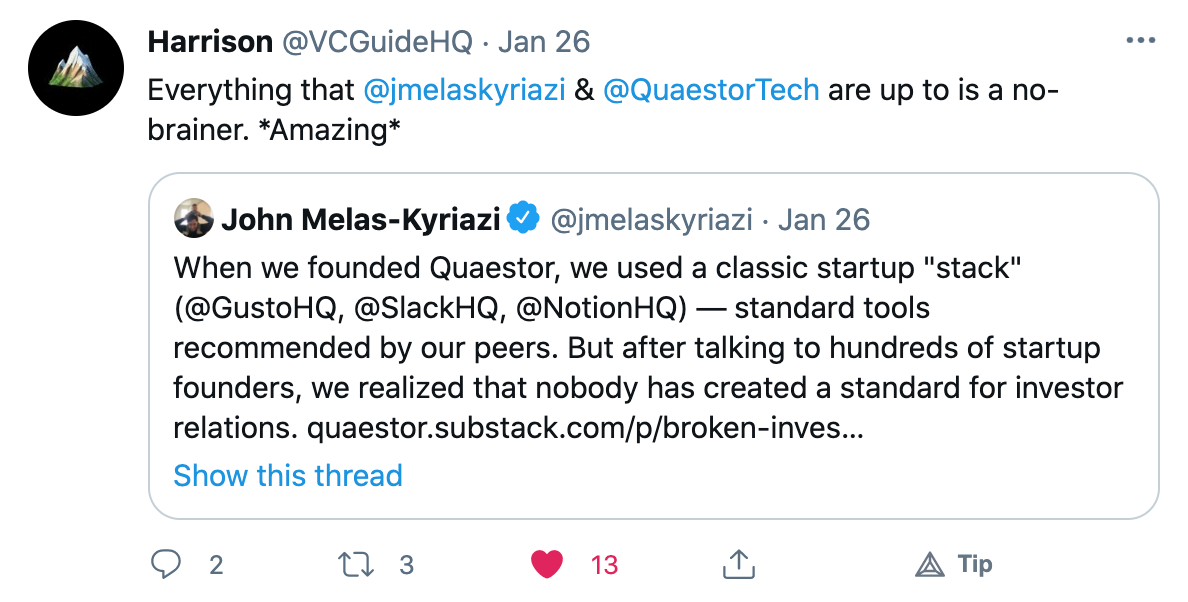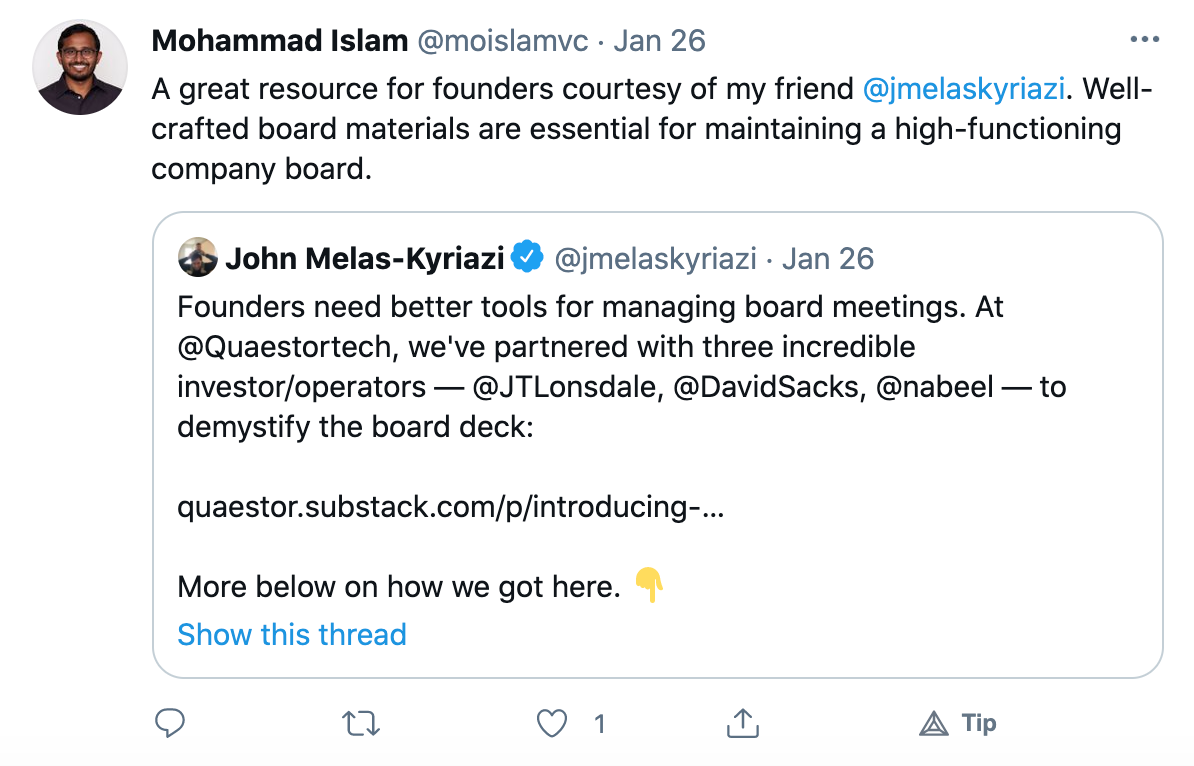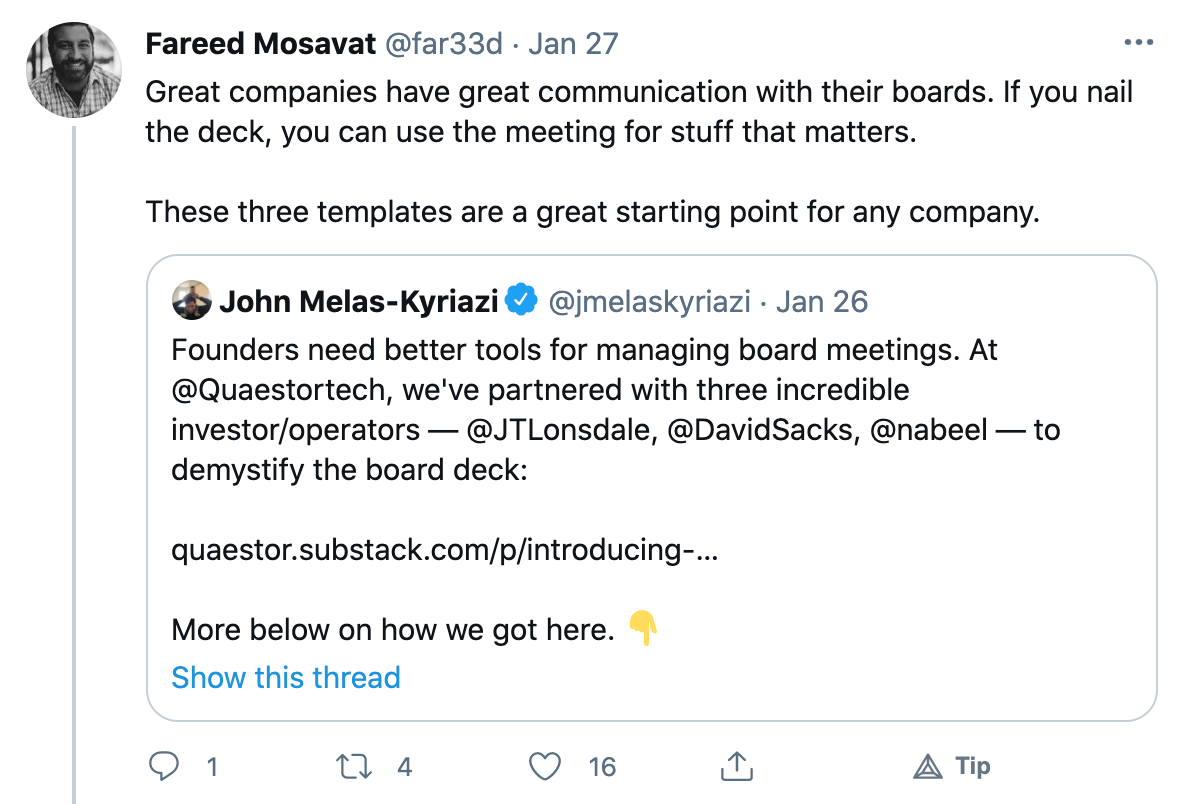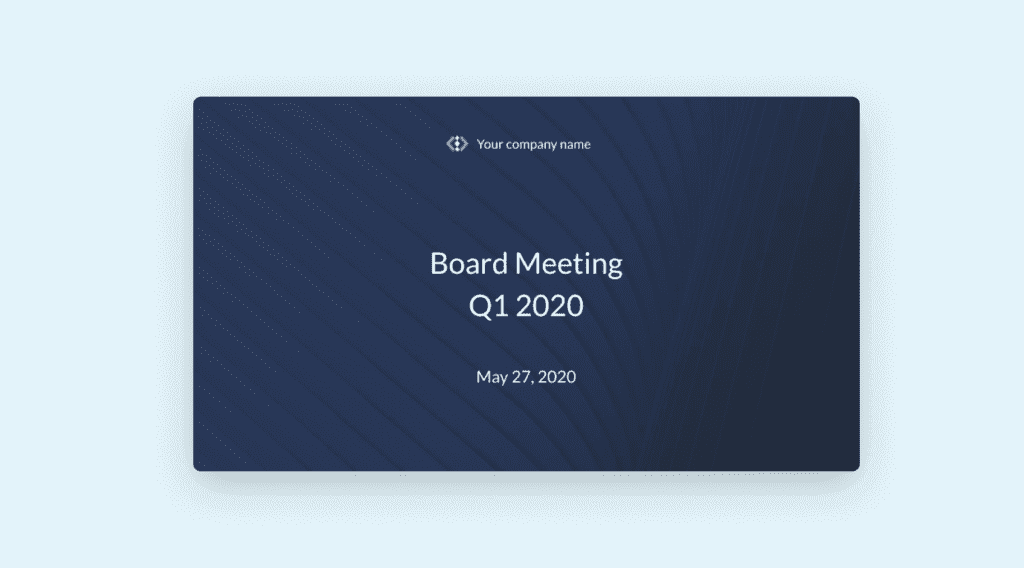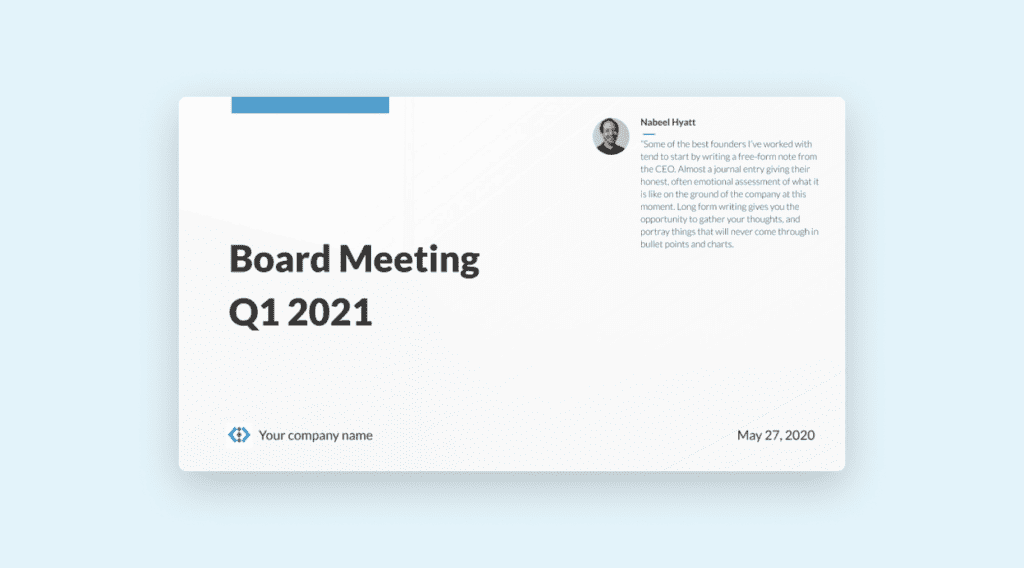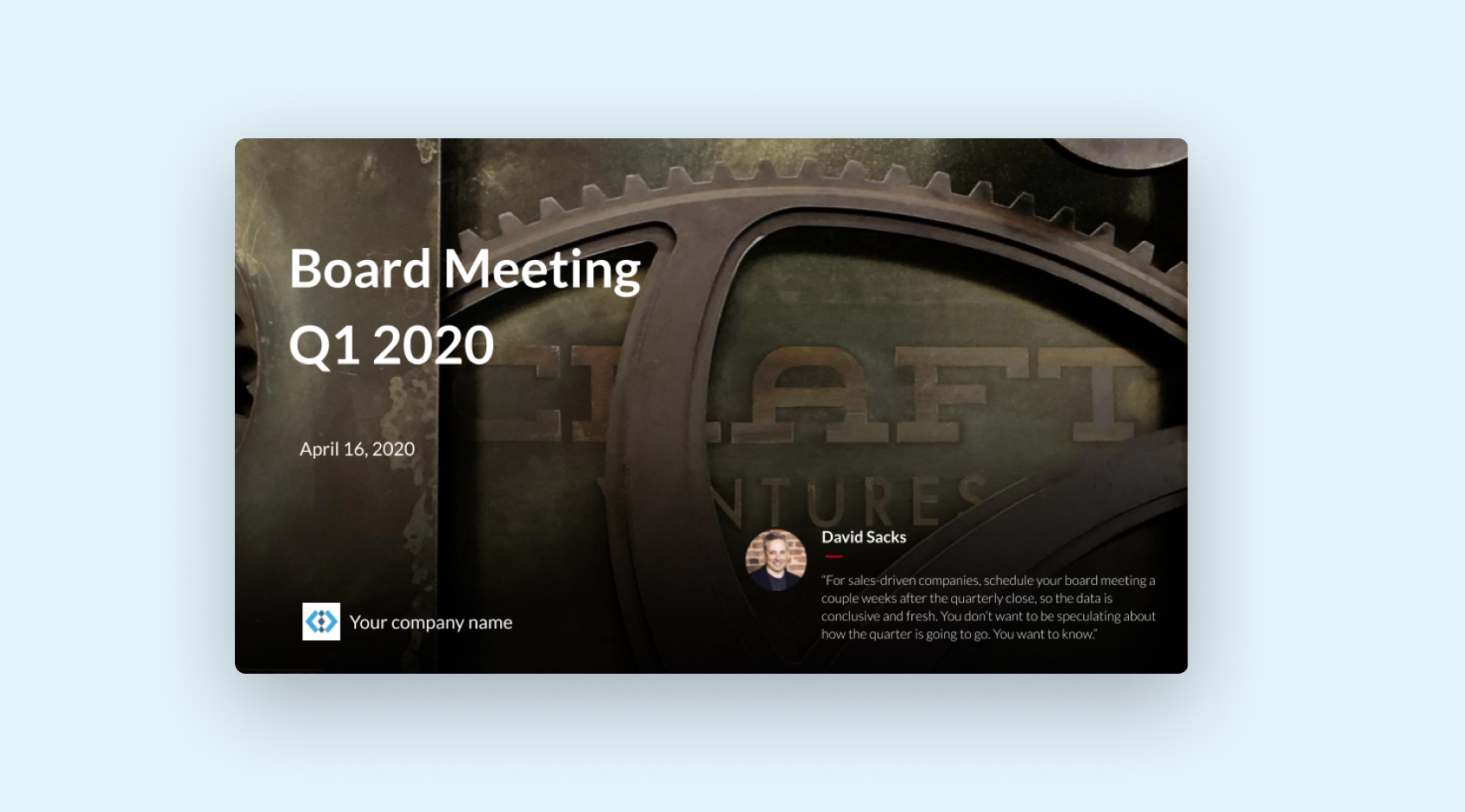TLDR: Establishing a truly VC-first tech stack can be difficult. We break down best software for portfolio monitoring, deal management, lead generation, note-taking, and valuations.
Venture capital firms are increasingly turning to specialized tools to manage portfolios, streamline workflows, and make better investment decisions. From sourcing deals to managing portfolio data, the right software stack can create meaningful operational lift.
Below, we break down the top tools for VC firms across five categories, tools optimized for performance, time-saving automations, AI-integrations, and firm-founder collaboration.
1. Best Portfolio Monitoring Platform: Standard Metrics
Standard Metrics is the go-to platform for VC portfolio monitoring and real-time performance tracking and reporting, enabling better collaboration between VC teams and their portfolio companies.
Standard Metrics’ highly-accurate AI agent and managed data services team parse and deliver historical data and new metrics directly into the platform. These metrics are then structured, traceable to source documents, and can be easily reviewed with the platform’s natural language, AI portfolio company analyst. Standard Metrics also offers institutional grade tear sheets and reporting templates to give stakeholders a clear line of sight into portfolio health and answer LP questions faster. Focused on multi-platform interoperability, Standard Metrics helps you export on-platform data into Excel, examine data on-platform via the tool’s AI-powered embedded BI, or export your dashboard for use in other BI tools.
More than 100 VC firms like Bessemer Venture Partners, General Catalyst, and Lux Capital use Standard Metrics to track data for over 9,000 portfolio companies. With features like Global Benchmarking to compare your portfolio performance to other companies in the private markets, the platform enables better decisions without manual overhead.
Why it’s #1:
- Real-time portfolio data
- Automated, AI-driven financial data parsing
- Portfolio benchmarking by sector and revenue
- Streamlined LP reporting
- Interactive dashboards and strong BI analysis capabilities
- Automated investor reporting
- Better collaboration between companies and their investors
2. Best Deal Management CRM: Affinity
Affinity is the top relationship intelligence CRM for VC firms. It automatically tracks conversations, meetings, and intros across the entire team. For firms that source heavily via referrals, warm intros, and founder networks, Affinity turns those interactions into usable data.
Why it’s #1:
- Automated contact syncing and deal tracking
- Relationship strength scoring
- Collaborative pipeline views
3. Best Lead Sourcing Tool: Harmonic
Harmonic is built for startup lead generation. It crawls the web to identify early-stage startups before they appear in databases like PitchBook or Crunchbase. VCs can search by founder history, headcount growth, product category, or stealth signals.
Why it’s #1:
- Real-time startup alerts
- Deep filtering by geography, vertical, and hiring trends
- Designed for early-stage sourcing
4. Best Meeting Notes Tool for VCs: Granola
Granola is a note-taking tool that records your calls, generates structured notes, and gives your firm a searchable record of every conversation, without anyone needing to type.
Granola is built around real workflows (like founder pitches, partner meetings, and diligence calls). It automatically captures decisions, action items, and next steps, and organizes them by company, contact, and topic. Everything is shareable, searchable, and AI-summarized.
VCs use Granola to keep their firms aligned and avoid losing context between calls. Whether you’re in back-to-back pitch meetings or prepping for IC, Granola makes sure nothing slips.
Why it’s #1:
- Structured, AI-generated summaries for every call
- Notes link directly to companies, people, and pipeline
- Search by topic, meeting, or action item across your firm
5. Best Valuation Software: Derivatas
Derivatas is the top tool for venture-backed portfolio valuations. It handles ASC 820 compliance, waterfall modeling, and valuation reviews. Via direct integration with other tools like Standard Metrics, it syncs portfolio data and financials without manual entry.
Why it’s #1:
- Built specifically for VC valuation workflows
- Direct integration with portfolio data platforms
- Quarterly reporting made faster and audit-ready
Final Thoughts: Building a Modern VC Software Stack
The best VC tech stacks in 2025 focus on automated, VC-first, and collaborative tools. From portfolio monitoring tools like Standard Metrics to lead generation platforms like Harmonic, these solutions reduce friction across the fund lifecycle.
Whether you’re raising a new fund or scaling operations across multiple geographies, the software above will keep your team focused on strategy instead of spreadsheets.
Automate your portfolio reporting
Find out how you can:
- Collect a higher volume of accurate data
- Analyze a robust, auditable data set
- Deliver insights that drive fund performance

